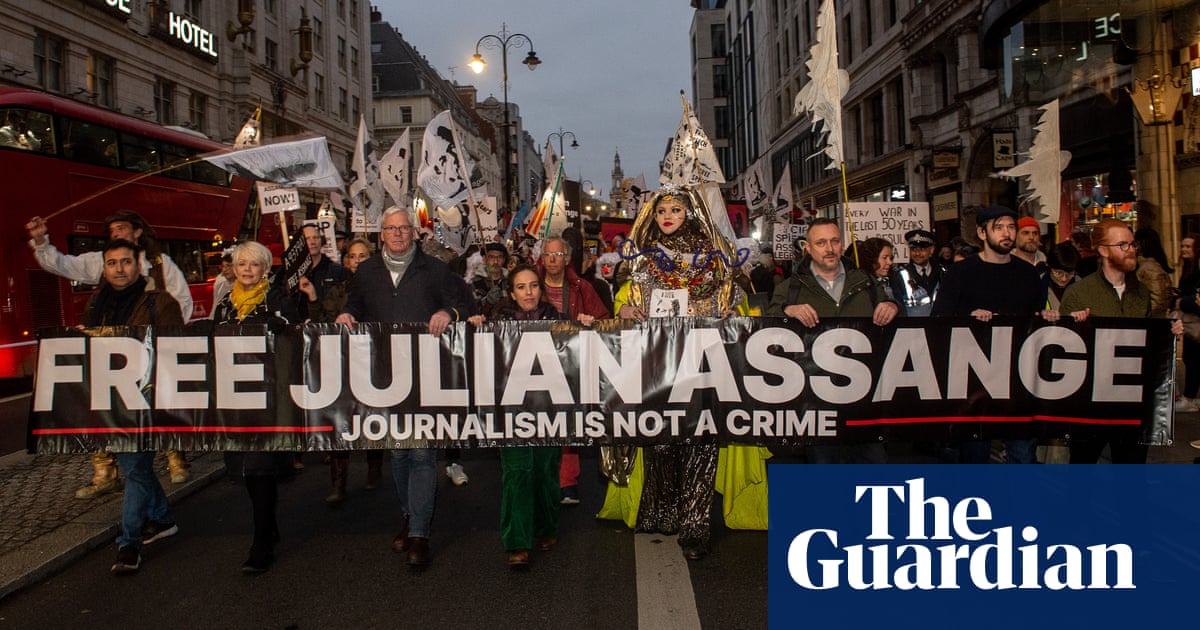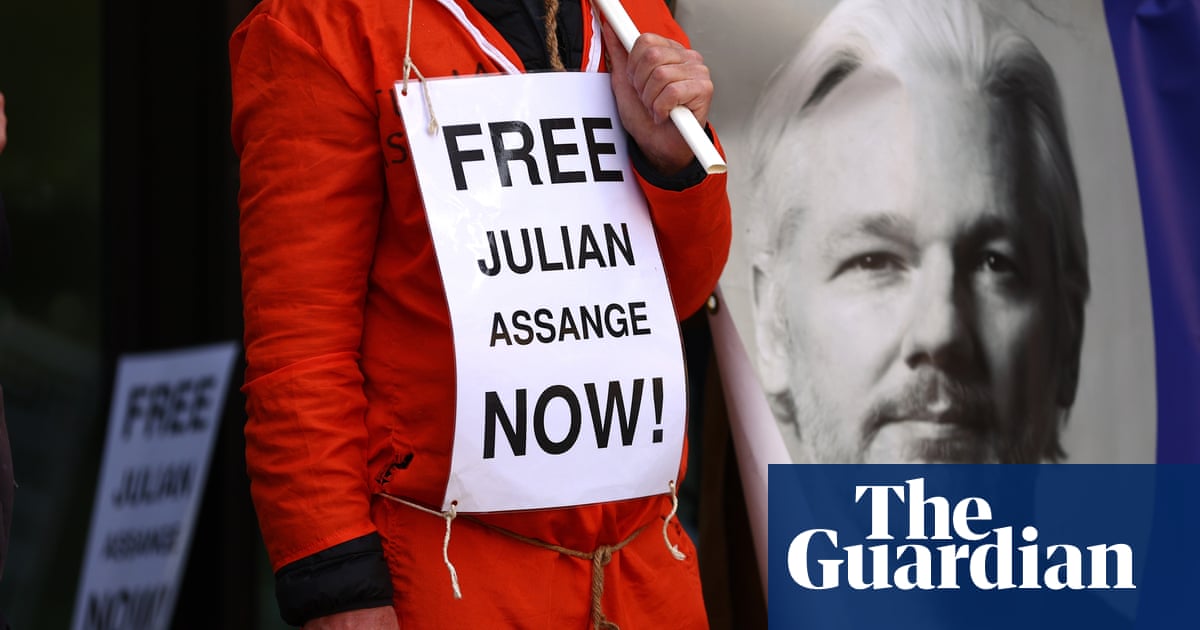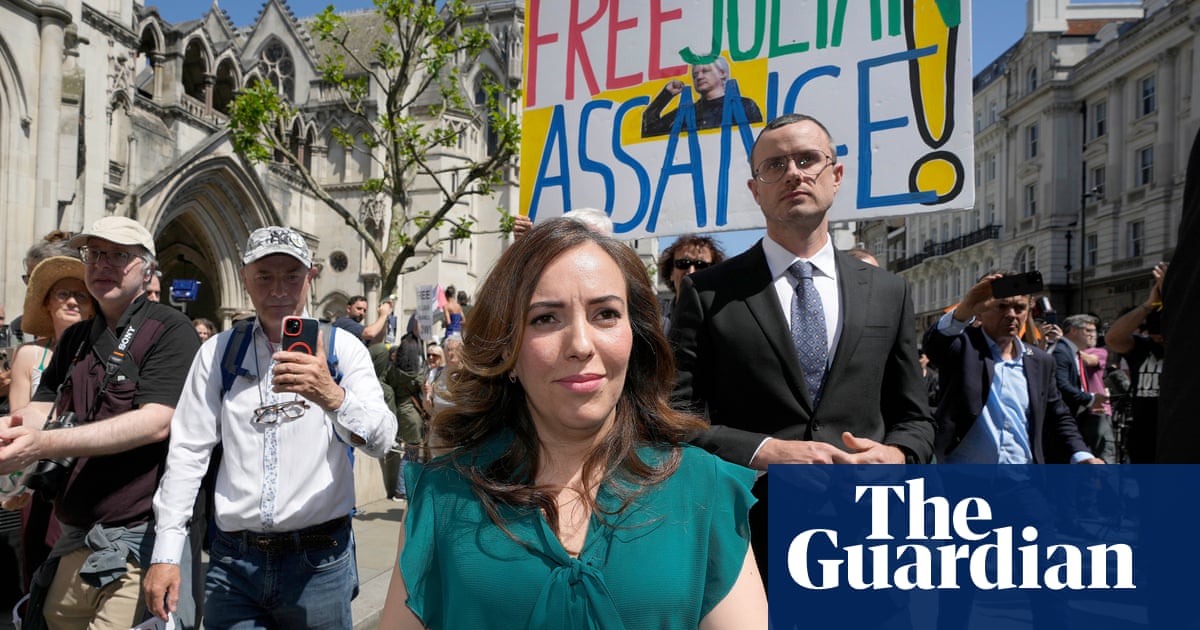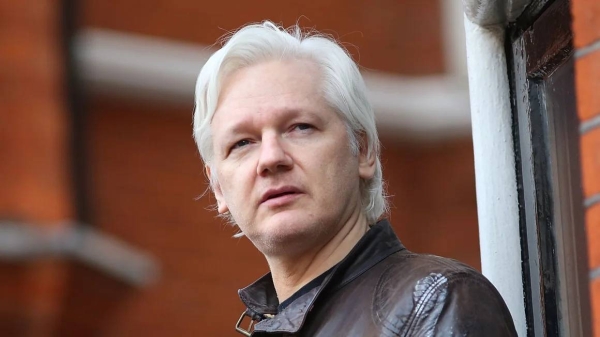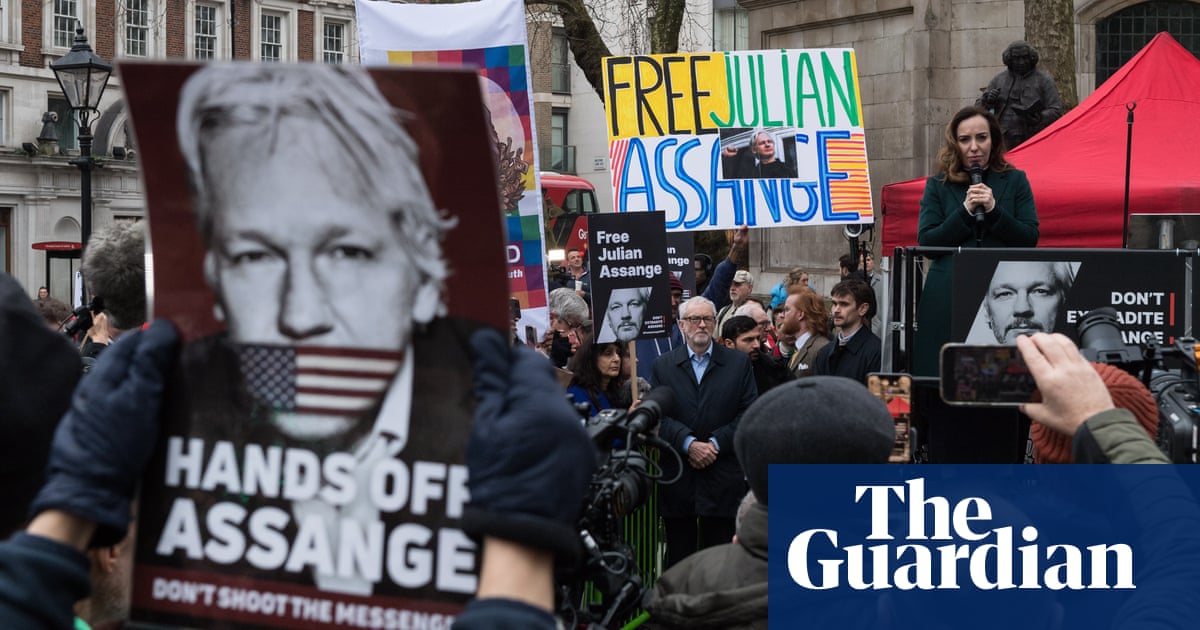
WikiLeaks founder Julian Assange is mounting an attempt to prevent his extradition from the UK to the US to face espionage charges.
The charges against the Australian citizen are in connection with the publication of hundreds of thousands of leaked documents about the Afghanistan and Iraq wars, as well as diplomatic cables, in 2010 and 2011.
So what is at stake in the two-day hearing in the high court in London this week? And what is the Australian government doing behind the scenes to try to reach a political breakthrough?
What is the basis for the appeal?
Among the grounds on which Assange is seeking permission to appeal is the claim that his extradition is in breach of the extradition treaty between the UK and the US, which prohibits doing so for political offences.
Edward Fitzgerald KC, representing Assange, said in written arguments to the court: “This legally unprecedented prosecution seeks to criminalise the application of ordinary journalistic practices of obtaining and publishing true classified information of the most obvious and important public interest.”
Fitzgerald said Assange and WikiLeaks “were responsible for the exposure of criminality on the part of the US government on an unprecedented scale”, including torture, rendition, extrajudicial killings and war crimes. One of the most infamous disclosures was video footage of a helicopter attack by US forces that killed 11 people in Iraq, including two Reuters journalists.
Fitzgerald alleged the US prosecution was motivated by “state retaliation” and so was unlawful. He also told the court that if Assange was extradited there was “a real risk that he’ll suffer a flagrant denial of justice”.
What is the US response to the claims?
The US will have the opportunity to make oral arguments on Wednesday but, in written arguments, it accused Assange’s lawyers of having “consistently and repeatedly misrepresented” the case.
James Lewis KC, for the US, said the WikiLeaks founder was not being prosecuted for “mere publication” but for “aiding and abetting” or “conspiring with” the whistleblower Chelsea Manning to unlawfully obtain the documents in question, “undoubtedly committing serious criminal offences in so doing and then disclosing the unredacted names of sources (thus putting those individuals at grave risk of harm)”.
What happens if Assange wins? What happens if he loses?
Assange’s lawyers are seeking a full appeal hearing, which would allow his arguments to be explored at greater length before a decision is made.
But if the two judges deny permission for a full appeal hearing, all challenges in the UK courts will have been exhausted. This scenario has sparked concerns among his supporters that Assange could be extradited to the US within days in order to face trial there.
There could, however, be one further appeal avenue if this week’s bid is unsuccessful. An intervention by the European court of human rights (ECHR) would stand as Assange’s only legal hope to avoid extradition to the US. In this case, he would have to apply to the ECHR to order the UK not to extradite him while it considers his case.
What is the Australian government doing behind the scenes?
Since Labor’s election in 2022, the Australian government has repeatedly made representations to both the US and the UK pushing for the pursuit of Assange to be brought to a “close”. That has included the prime minister, Anthony Albanese, raising it with the US president, Joe Biden. Australia’s attorney general, Mark Dreyfus, confirmed he had spoken about the matter with US counterpart Merrick Garland in Washington DC last month. However, the Australian government has also acknowledged limits to its influence.
There was a sign of growing frustration at the lack of a breakthrough last week, when Australian government ministers voted in favour of a motion stressing “the importance of the UK and USA bringing the matter to a close so that Mr Assange can return home to his family in Australia”.
The prime minister, Anthony Albanese, told parliament the following day that Australians from across the political spectrum “would have a range of views about the merits of Mr Julian Assange’s actions” but had come to the common view “that enough is enough and that it is time for this to be brought to a close”.
Albanese said while it was not up to Australia to interfere in legal processes of other countries, he hoped the matter “can be resolved amicably” because “this thing cannot go on and on and on indefinitely”.
In an interview on ABC Radio Sydney on Wednesday, Albanese said he had “engaged with his legal team on a regular basis as well, on a strategy to try to get through this and come out the other side in Mr Assange’s interest”.
Is there any hope for US intervention?
So far, the Biden administration appears to have pushed back at the idea of intervening in the Department of Justice’s pursuit of Assange.
The US secretary of state, Antony Blinken, said last year after talks in Brisbane that it was “very important” for “our friends” in Australia to understand US concerns about Assange’s “alleged role in one of the largest compromises of classified information in the history of our country”.
Some Assange supporters regard the Australian government’s request to the US government as politically difficult in the current environment, given that the former president Donald Trump is facing numerous charges and the administration has been at pains to say that the Department of Justice has acted independently.
Trump – Biden’s likely rival at the 2024 presidential election – is seen by some as more favourable to Assange, given WikiLeaks’ subsequent role in the publication of Hillary Clinton’s emails prior to the 2016 election. However, the charges against Assange were initiated under the Trump administration.
The US president does have sweeping powers to pardon individuals or commute sentences. That was demonstrated in 2017 when then president Barack Obama commuted Manning’s sentence in connection with the WikiLeaks disclosures.




